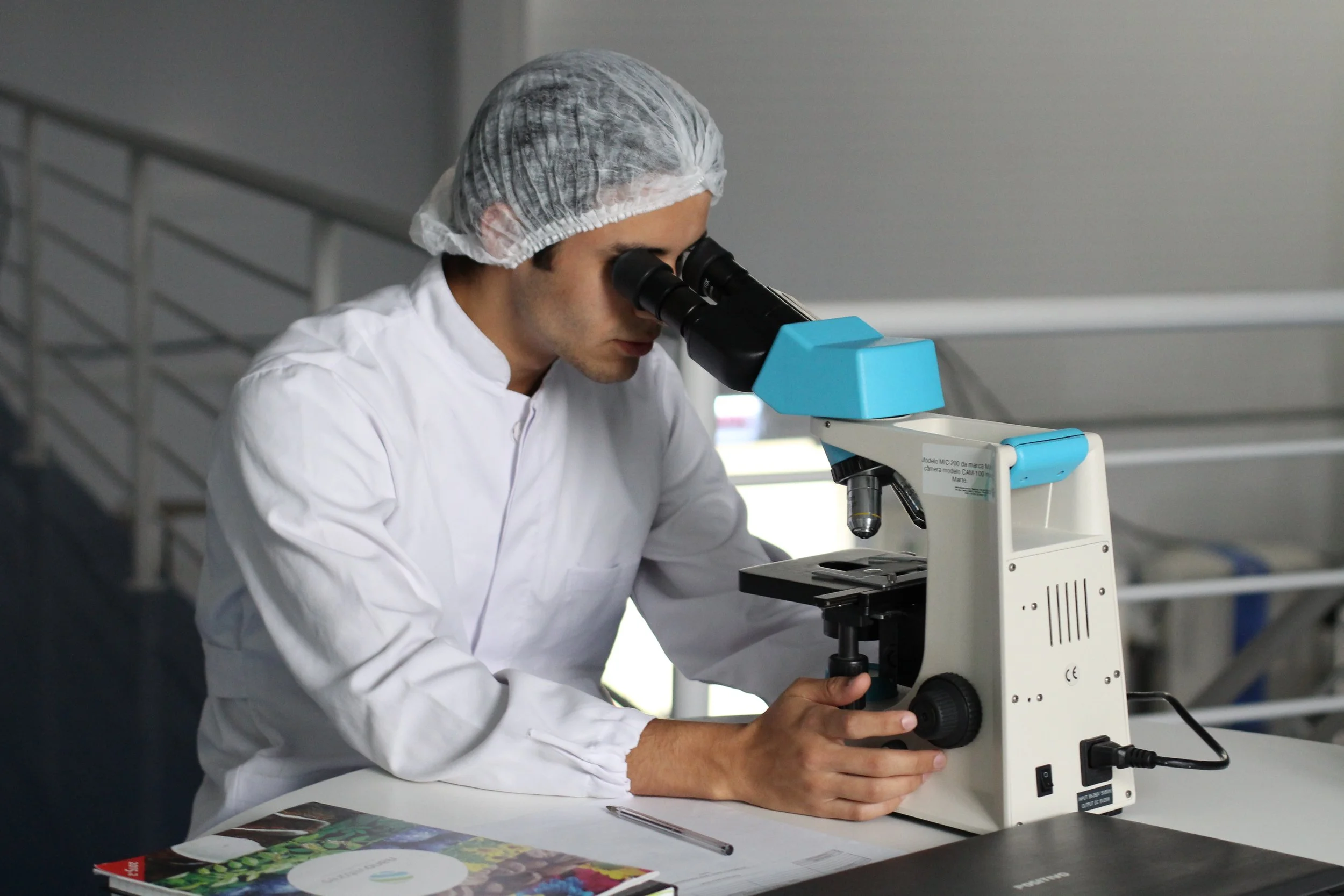Learn about the top colorectal cancer screening options, from colonoscopy to at-home stool tests. Discover which method is right for you at the Colorectal Clinic of Tampa Bay—your trusted partner in early detection and prevention.
Top 7 Genetic Factors Contributing To Colon Cancer
Lifestyles have a big impact on health, and while many understand the importance of staying in shape and avoiding cigarettes in order to prevent the development of cancer, genetic risk factors often go unchecked. Genetic factors play a huge role in determining whether or not someone is at increased risk for colon cancer, something that often leads to preventative screening and helps catch signs of cancer early. These are some genetic factors to be aware of when considering your risk for colon cancer.
Are You At Risk? Make Sure You’re Aware of These 8 Risk Factors For Colon Cancer
Are you at risk for colon cancer? Even if your risk factors are not hereditary, it's important to be aware of what risk factors can affect your chances. The risk of developing this disease is higher for people who have risk factors such as age, gender, and other health concerns. There are also risk factors that we can control like diet, exercise habits, smoking. Let's take a closer look at the risk factors for colon cancer.
The Difference Between Colon Cancer & Anal Cancer
Colon cancer and anal cancer might sound, at first, like they are nearly identical; however, these diseases have totally different causes, presentation, and symptoms. Simply put, anal cancer and colon cancer are as different as skin cancer and cervical cancer. In fact, the anus is structurally different tissue than that of the colon; this is only where the distinctions begin.





